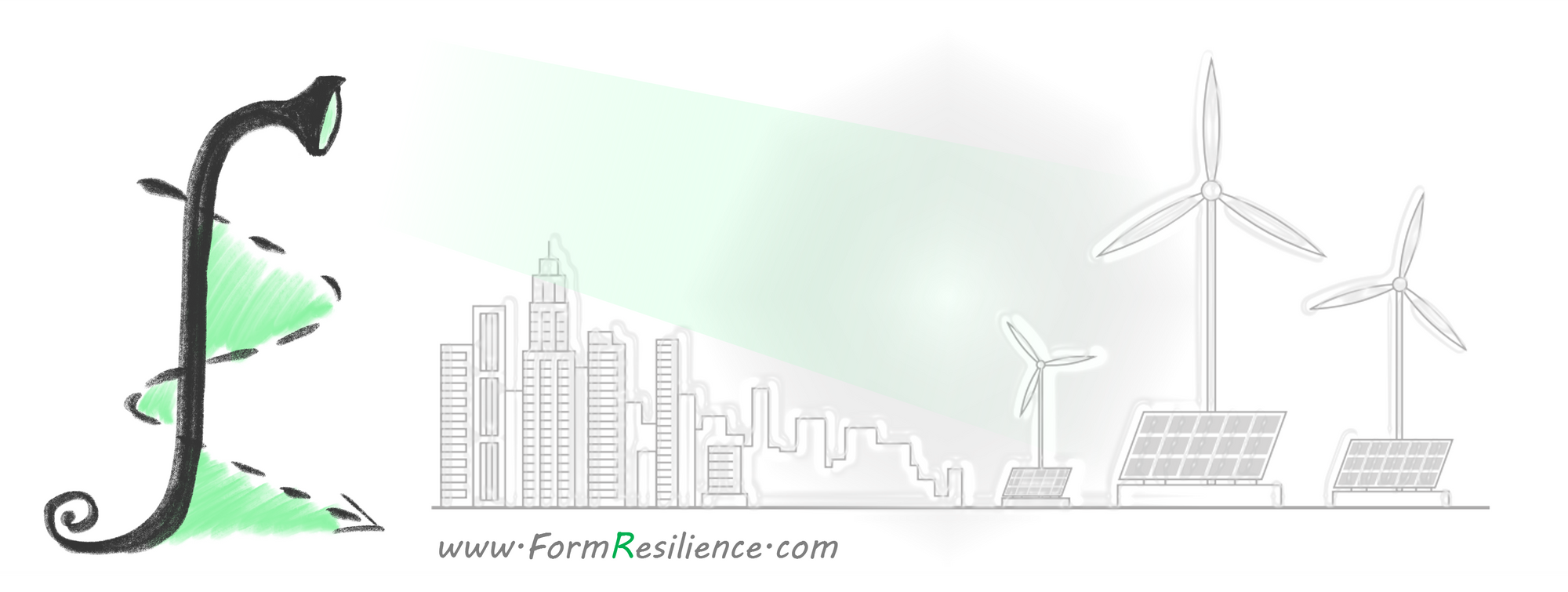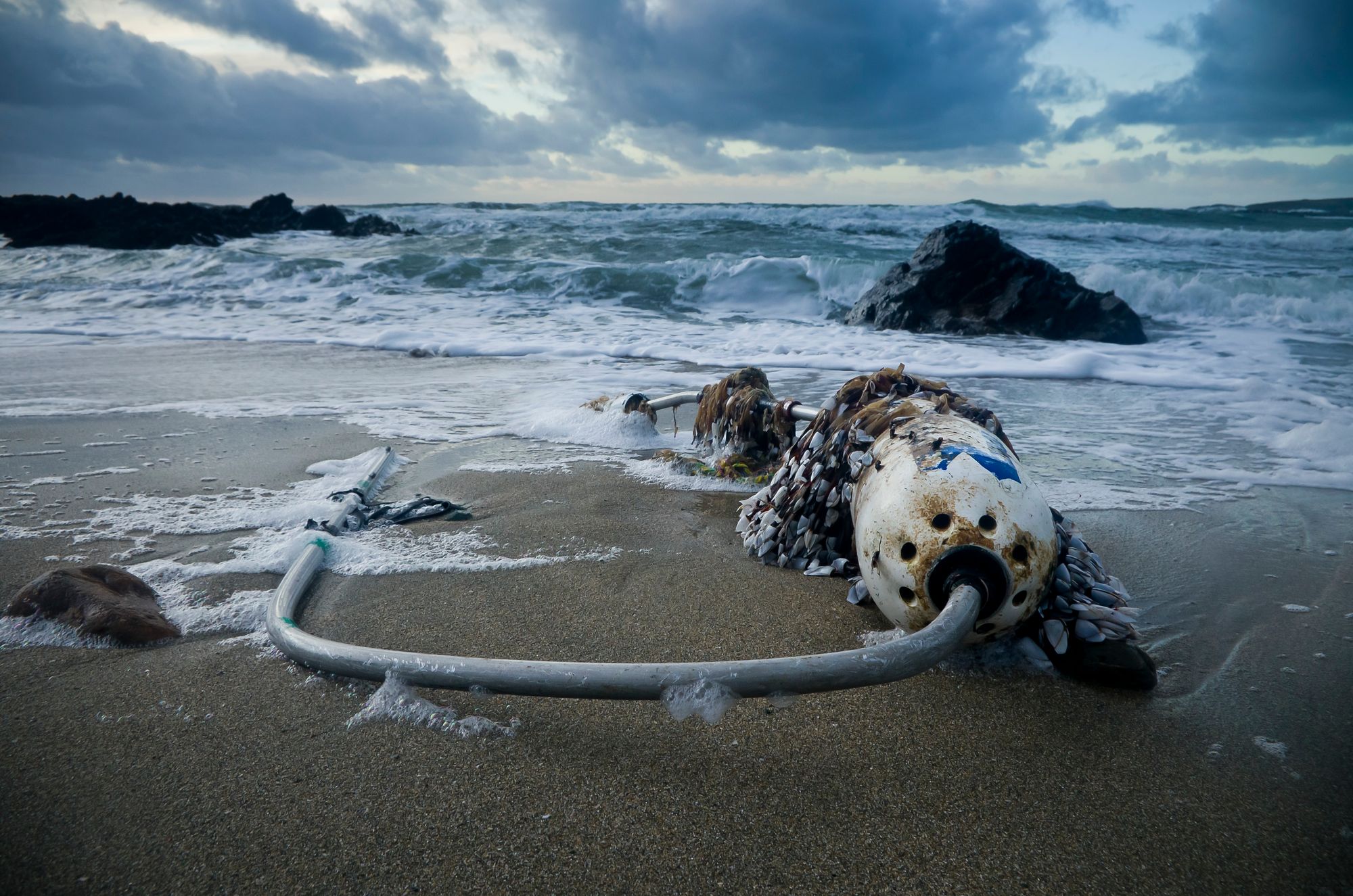About


Hi! My name is Aaron and welcome to Form Resilience:

An abode for art & science predicated on the need to form systemic resiliency within curious minds and within our environment
This website is about fostering a synthesis of visual arts and science to help nurture cognitive curiosity with the ultimate goal of developing resilient minds and resilient environmental systems. The primary motive behind this initiative is to bring about the “curious scientist” mentality that can foster greater sentiments of empathy, respect and understanding about the plethora of mysteries within our minds but also within our earthly environment. Art is the ultimate periscope for the curious since it offers a wonderfully unique perspective on complexity and when combined with the lens of science; abstract wavefunctions of creative thoughts become rooted in reality. Some of the holistic themes that I address within the creative projects on Form Resilience are very much issues that I have had to face personally, such as cultivating resiliency in my mental health and delivering sustainability projects through my profession.
This video, from a recent talk on the topic of “What is your Why when Confronting Complexity” - provides some context to my journey and background.
I have also witnessed how the “curious scientist” mentality can help create a more resilient company culture, whereby blame and conflict is replaced with a greater appreciation for cooperation and empathy. Ultimately, my hope is that some of my writing will serve to inspire others in how we can engage with the ‘VUCA’ challenges of today, and how the lens of knowledge can help us appreciate the significant role we can play in building a resilient future, both within and without.
Why Focus on Mental and Environmental Resiliency?
A powerful and poetic example of how stories of resilience and regeneration can reshape our living lands.
By its definition, resiliency is understood as 'the capacity to recover quickly from difficulties'. The difficulties of yesterday are written in our novels and history books, but to face the difficulties of today and tomorrow requires resiliency. Having worked with high-strength materials within my professional career, I always appreciated resiliency as the range of its elastic region given an external stressor, which also tells us the benefits of cultivating a higher degree of resiliency in the face of greater stressors.
To unpack what these stressors may be, let us briefly turn to the world of novels. What do heroic tales ultimately convey?
“Fairy tales are more than true: not because they tell us that dragons exist, but because they tell us that dragons can be beaten.” G. K. Chesterton
Dragons “Without”
Metaphorically speaking, many eras have their unique dragons that must be defeated, which is equally true today. From the crisis of democracy to the collateral of unbridled consumption; our biosphere faces an unprecedented threat from climate change, unsustainable industrial practices and ecological collapse. The need for sustainable stewardship within our earthly environment is of paramount importance.
"On humanity's connection with nature: To reconnect with nature is key if we want to save the planet. If we kill off the wild, then we are killing a part of our souls." Dame Jane Morris Goodall DBE
"We are like tenant farmers chopping down the fence around our house for fuel, when we should be using Nature's inexhaustible sources of energy—sun, wind, and tide" Thomas Edison
Dragons “Within”
It is also apparent that our generation must confront the dragons "within", especially as we navigate the complex challenges of our time.
"Most persons are so absorbed in the contemplation of the outside world that they are wholly oblivious to what is passing on within themselves." Nikola Tesla
Form Resilience will aim to support this through wholesome narratives that resonate with;
- Cultivating resilient innovation & humble creativity by encouraging lateral thinking - “He that will believe only what he can fully comprehend must have a long head or a very short creed” P. Teilhard de Chardin
- Replacing post-truth with inferential truth by recognising the limiting bounds of bias and self-limited creeds - “I would rather have questions that can't be answered than answers that can't be questioned." R. Feynman
- Cultivating positive mental health by consciously designing people-centric and eco-centric developments - “Design, if it is to be ecologically responsible and socially responsive, must be revolutionary and radical." V. Papanek
- Humbly loving humanity through fostering greater societal altruism, holacracy and cross-cultural collaboration - “Humility is the mother of giants. One sees great things from the valley; only small things from the peak.” G. K. Chesterton
Overcoming These Dragons as a “Curious Scientist”
My creative projects will address these overarching themes in various ways and aim to cultivate resilient narratives that are evidential and meaningful. There is a great deal of depth within these themes and they are ultimately intertwined. The objective of these projects is to provide a knowledgeable and informed narrative that can help foster mental and environmental resiliency against some of these metaphorical dragons, and therefore, help cultivate this resilient future state.
The consistent template that guides the trajectory of all these articles will be the threads of scientific accounts, which form organically into a woven narrative. But I also recognise that the writer’s worldview acts like the retina to our reasoning. In this sense, I acknowledge that an "emergent" Christian faith defines the aperture with which I view the world; the journey of which is explored within my post "Negotiating with the Universe". As articles on Form Resilience explore thematic topics, they will hopefully also demonstrate how creeds that extend beyond our paltry portion of universal knowledge are also conducive to establishing resiliency "within and without", regardless of one's philosophical inclinations.
Looking Ahead
Writing and creating content for Form Resilience serves as my contemplative abode, whereby I can funnel my dualistic passion for art & science. However, like any writer, writing becomes the sealant between the tiles of life’s tapestry. Whether waiting in a car during my son’s football practice or when my family are all asleep, these are the moments currently available to me.
The content on Form Resilience is currently run purely by myself and my family, whom have supported me in driving this initiative. I am also acutely aware of the inherent limitations and disposition for bias within the current remit. In an attempt to maintain objectivity, which very much aligns with my profession as an applied physicist, a distinct hallmark of my short essays will be extensive research. Given the time it takes to research and read deeply, I aim to produce on average two posts per month, depending on the time I have available that particular month.
My vision for the future is that other writers and artists can also join this initiative, which would only serve to enrich the breadth and depth of the content on formresilience.com. The current idea is to establish Form Resilience as a not-for-profit organisation, that will affiliate with other key charity organisations. The proceeds from content sponsorship and membership will cover hosting costs and associated content creation costs (guest authors and artists from developing nations will be paid for their content), with the reminder of proceeds going towards affiliated charities (members can vote each year on the chosen charities). For example, I have always been passionate about STAEM (I was a STEM ambassador with the Smallpeice Trust, UK), and I was always amazed by the ingenuity of school-age children; it would be nice if there would be a virtual space for them to submit their sketches and drawings, whereby writers could collaborate on tethering the science behind the ideas. They could then engage directly in this sustainability movement, thus cultivating the formation of resilient solutions. Children are the true ambassadors of "thinking outside the box" and radical ideas, which will be pivotal in enabling a truly regenerative future.
If you find any of the articles on here interesting, then please subscribe - it helps to keep the momentum with this charity concept.
If this sounds like something you would like to be part of, please contact me.
